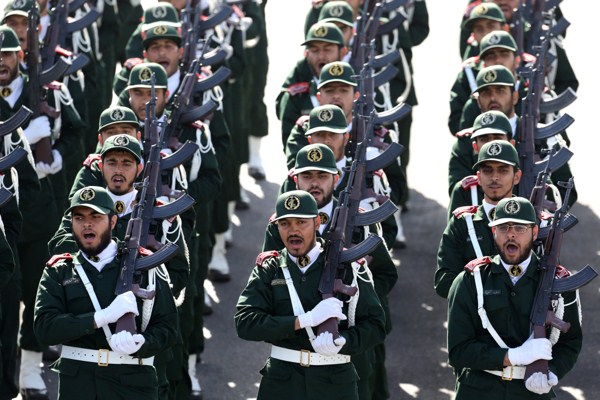Iranian President Hassan Rouhani’s recent remarks about the prevalence of corruption in some powerful Iranian institutions suggest that his relations with the country’s Revolutionary Guard Corps (IRGC) are entering a new and potentially tense phase. On Dec. 7, addressing a conference on bureaucratic efficiency and anti-corruption policies, Rouhani argued that when a single public organization possesses guns, newspapers, websites and power, it is unlikely to remain free of corruption. While he did not name any specific organization, many observers have interpreted his comments as an implicit reference to and criticism of the IRGC. Conservative media outlets affiliated with the Revolutionary Guard quickly warned Rouhani about false accusations after European and American media gave broad coverage to his remarks.
Whether or not Rouhani was actually targeting the Revolutionary Guard, various political factions inside Iran’s regime clearly viewed his speech as an attempt to criticize the group’s vast financial and business activities. Open criticism of the Revolutionary Guard is unprecedented and could indicate a shift in Rouhani’s relationship with a key component of the Islamic Republic.
In the early months of his presidency, Rouhani made an effort to negotiate a gradual rollback of the group’s economic activities, which had risen sharply under his predecessor, Mahmoud Ahmadinejad. According to various media reports, Rouhani had obtained Supreme Leader Ayatollah Ali Khamenei’s blessing for the rollback, which included offering major development contracts to Khatam al-Anbia—the guard’s construction arm and the largest business conglomerate in the country—in return for the Revolutionary Guard’s disengagement from several other sectors, such as the banking system.

